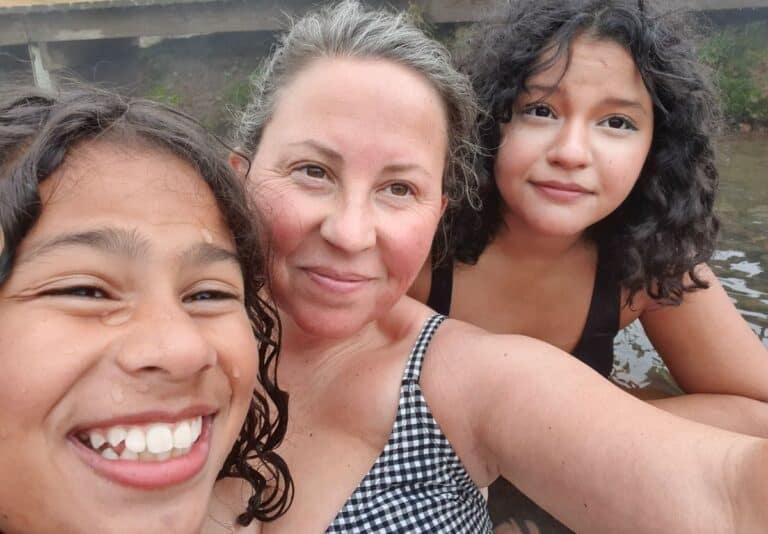
Getting a teenager to admit they need help is difficult in any situation. They may not feel anything is wrong or think therapy won’t work for them. Many parents feel helpless when they know something is bothering their teen, yet they refuse to get the help they need to feel better. By understanding why they refuse to go and learning how to approach the topic, you may be better positioned to convince them to get the help they need.
Reasons Your Teen May Be Reluctant To Attend Counseling
Seeking counseling can be intimidating for anyone, especially if they’ve never attended therapy before. Common reasons why teens may resist counseling include:
- Underlying stigma and embarrassment
- Concerns about confidentiality
- Lack of understanding of the process
- Negative perceptions of what therapy is like
- Potential social consequences among their peer group
- A lack of trust in their counselor
Teenagers crave autonomy and personal control. It’s common for them to see therapy as interfering with their ability to remain independent.
Should You Try To Force Your Teen Into Counseling?
Your teenager should feel as though it’s their decision to attend therapy. Trying to force them into it will not motivate them to change. However, that’s not to say you shouldn’t insist that they attend at least a few sessions. Some therapists have plenty of experience treating therapy-resistant clients. After a few meetings, they may make your teenager feel more comfortable with the therapeutic process.
How To Bring Up the Topic With Your Teenager
How you bring up the topic of counseling will likely set the tone for how they feel about going to therapy. It’s natural for teens to feel embarrassed about their problems, which is why it’s often difficult for them to ask for help. Therefore, you mustn’t send a message that may cause them to feel ashamed. If you have your own experiences with counseling, draw from them. Share with your teenager why therapy is important and how it may help them overcome their problems. Ask them for their input and truly listen to what they have to say.
Framing the Message
You can’t ignore the fact that seeking mental health treatment is still stigmatized, regardless of how effective it is. For reluctant teenagers, you should frame your message in a way they will understand. For example, if they play sports, explain that having a therapist is like having a basketball or football coach. Even professional athletes need coaches to help them hone their skills, develop new strategies and think about how they can be successful. Explain to your teen that a therapist is like a coach for their mental health and that they can learn healthy ways to cope and deal with what may be bothering them.
In some situations, it may be helpful for the entire family if everyone attends family counseling sessions. This strategy is particularly useful because your teen won’t feel “singled out” by being the only one in therapy. Rather, your entire family is working towards getting better.
Focus on Your Teenager’s Priorities
Sometimes, teens are reluctant to get counseling because they think that what they struggle with can’t be treated or that it’s simply a part of who they are. For example, if they are dealing with depression, they may not be able to imagine feeling better because depression affects their thought process. Some teens start identifying with their disorder (such as the case with anorexia or bulimia), so getting counseling can even sound scary to them. If this sounds like your teen, you may want to ask them what they want from therapy. Perhaps they would like to make more friends or grow academically. By focusing on their priorities, they may be more motivated towards achieving these goals through counseling.
Find the Right Counselor
Finding a therapist your teen will feel comfortable talking to is important. They are more likely to be successful when working with someone who makes them feel at ease. If they don’t like their therapist, they are more likely to resist therapy. While it may be frustrating for you as a parent, it’s important to keep looking until you find the right fit for your teenager.
Consider Reaching Out to Your Teen’s Doctor
While your teen may be reluctant to listen to you, they may listen to their doctor. Consider contacting them and seeing if they can talk to your teen. They may be able to explain how therapy works to help them feel better.
Getting Help for Your Teen Who Refuses Therapy
If your teenager still refuses to go to counseling after you’ve tried these tips, you still have many options for seeking out help:
- Consider attending counseling for yourself. Your therapist can teach you how to approach your child. If your teenager knows you’re already attending therapy, they may become more motivated to go so that they can share their perspective.
- Talk to your teenager’s school counselor. They may be able to provide information on services available at school that can help your teenager. Your teen may refuse to meet with a therapist outside of school but might be willing to speak to their school guidance counselor.
- Consider drawing up a contract if the issues bothering your teen are not too severe. This contract may state that they must go to a specified number of sessions before deciding whether to attend therapy.
You can also consider signing up your teenager for online counseling. Speaking with someone face-to-face can be daunting, but they may be comfortable speaking with someone online. Remember that online counseling is not appropriate for every situation, so consult with a counselor in person or talk with your teen’s doctor to get their professional opinion before signing up for online therapy.
If your teenager is still refusing to get counseling, don’t give up hope. Continue to try to listen and understand how your teenager is feeling and what they believe is the best path forward. Strengthening your connection with your teen and truly hearing them will make them more likely to turn to you for support when they’re ready for counseling.





